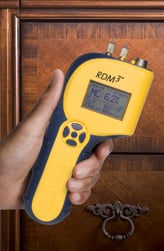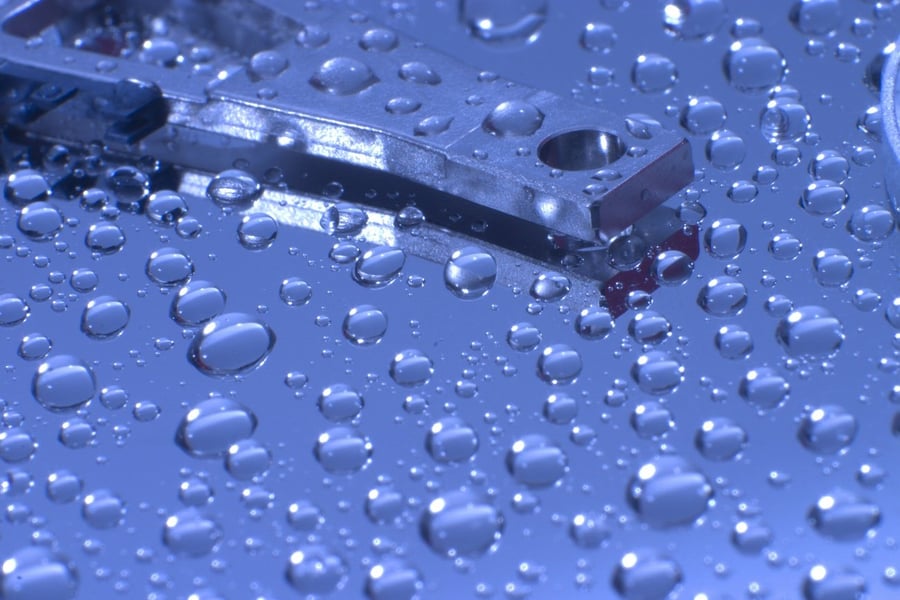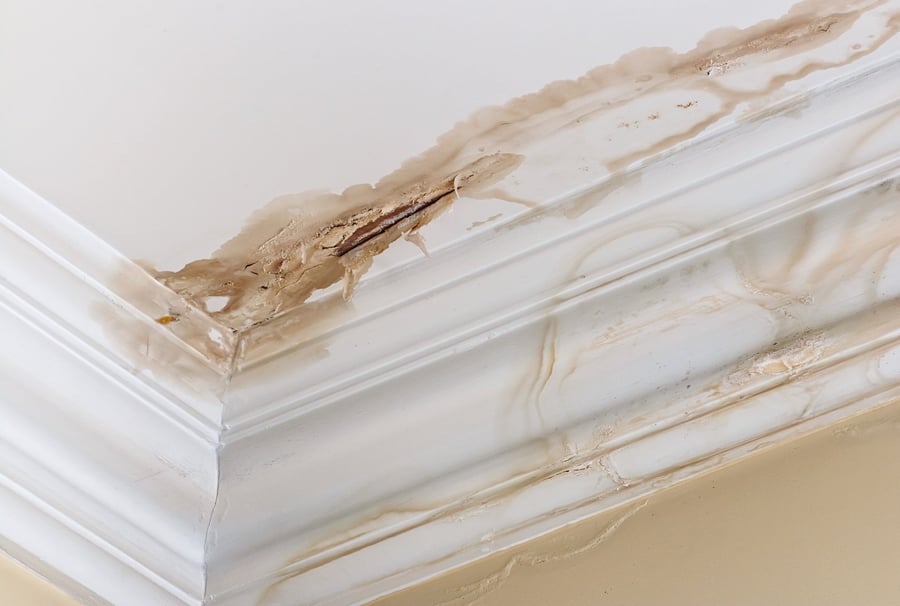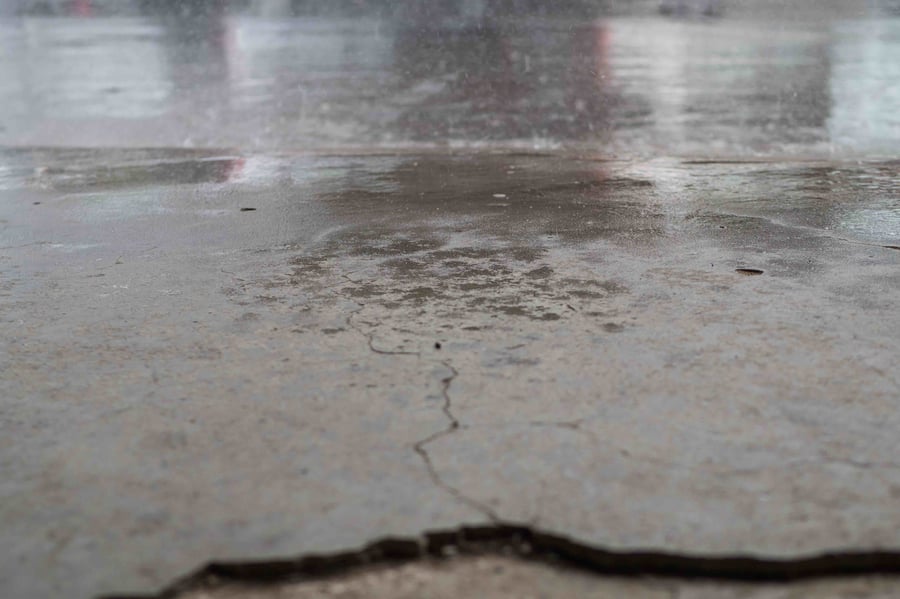5 Top Reasons to Spend Extra Cash on a High-Quality Moisture Meter

Every day, people are looking for the best price on their purchases. From basic necessities such as food and shelter to work tools, nobody wants to pay too much for what they need.
It’s only natural to seek out the best deal that you can get on anything. After all, isn’t the old saying made famous by Ben Franklin, one of America’s founding fathers, “a penny saved is a penny earned?”
However, just because something’s cheap doesn’t necessarily mean that it’s the best deal. This is especially true when it comes to high-cost precision instruments such as moisture meters. While purchasing a commodity device on the cheap might be tempting, there are several reasons to invest in a high-quality meter instead.
Reason #1: Useful Life
An exceedingly cheap item is often cheaply made. There’s an old phrase, “caveat emptor,” which means “buyer beware.” If a moisture meter is being sold for an extraordinarily low price, it usually means that the item is of inferior quality and durability.
A very cheap meter might seem like an attractive deal, but there can be any number of potential issues that will render it useless shortly after purchase. For example, a cheap pin-type might not have extra pins to replace old ones if they break (or the pins may not be replaceable at all), or the casing might come apart too easily from accidental damage.
Cheap meters typically use cheaper plastics and other materials in addition to being less well-constructed overall, making them much more prone to failure.
Reason #2: Accuracy
Professionals need top-quality moisture meters for their work. Whether you’re a woodworker, contractor, restoration specialist or a farmer, you rely on having accurate information in order to make sound decisions.
Cheaply made meters are less reliable than top-quality meters. With less sophisticated measuring devices, cheap meters often have a much larger margin of error than ones that are well-made.
When a material is right on the borderline between being okay for use and needing to be dried out, a difference in accuracy of plus or minus two percent can mean the difference between correctly assessing that material as moisture-compromised or thinking that it is okay for use. We also frequently find that the low range in inexpensive meters is inaccurate, rendering them largely useless.
Reason #3: Functionality
Sometimes, it pays to have extra features, such as built-in species corrections or temperature corrections. These features make top-quality moisture meter much more convenient to use than their lesser counterparts.
Instead of having to manually make the adjustments for the species of wood you are scanning and/or for the current ambient temperature for every single measurement you make, a top quality meter can do the work for you so that you can save time.
Reason #4: Save Labor
 Speaking of saving time, the old phrase “time is money” comes to mind. When you are running a business, the amount of time that workers have to spend manually making adjustments for wood species and other corrections is productive time that you are losing.
Speaking of saving time, the old phrase “time is money” comes to mind. When you are running a business, the amount of time that workers have to spend manually making adjustments for wood species and other corrections is productive time that you are losing.
Over the course of a year, if each of your workers has to take out two minutes to make calculations for every measurement they take, and they take 10 measurements per job and work on two jobs a week, that’s 2,080 minutes of lost productivity each year. Two minutes for each measurement and only ten measurements on average for each job is a very conservative estimate.
The improved productivity of having a moisture meter with built-in corrections can pay for the price difference between that meter and a cheaper one over time.
Reason #5: Warranty Service
Another reason to spring for a higher-quality moisture meter as opposed to a cheaper commodity tool is that manufacturers with superior products usually back them up with a stronger warranty. In the grand scheme of things, a simple 90 day workmanship warranty is nothing. Once that warranty is out, you’ll have to buy a new moisture meter all over again when the cheap unit stops working correctly.
Getting a high-quality moisture meter from a manufacturer with a one-year warranty can be much more convenient in the long run than getting a store-bought meter with a simple 30 to 90-day warranty. Knowing that you can get a free warranty repair/replacement if your meter stops working correctly within the next year can be incredibly comforting to know.
If it feels as though your moisture meters only last just long enough to wear out their warranties, you may want to:
- Make sure that your moisture meters are being stored and handled properly to prevent early failure.
- Invest in a single meter that has a longer warranty so that you can get a replacement if something happens within the next year.
Get a Great Moisture Meter for Your Needs
Whatever moisture meter you ultimately decide to purchase, it’s important to make sure that it is the right one for your needs. Taking into account all of your needs when making your moisture meter purchase is key to getting the perfect device for your business needs.
Subscribe to Our Blog
Post Related

How to Understand Moisture Meter Readings for Accurate Results


